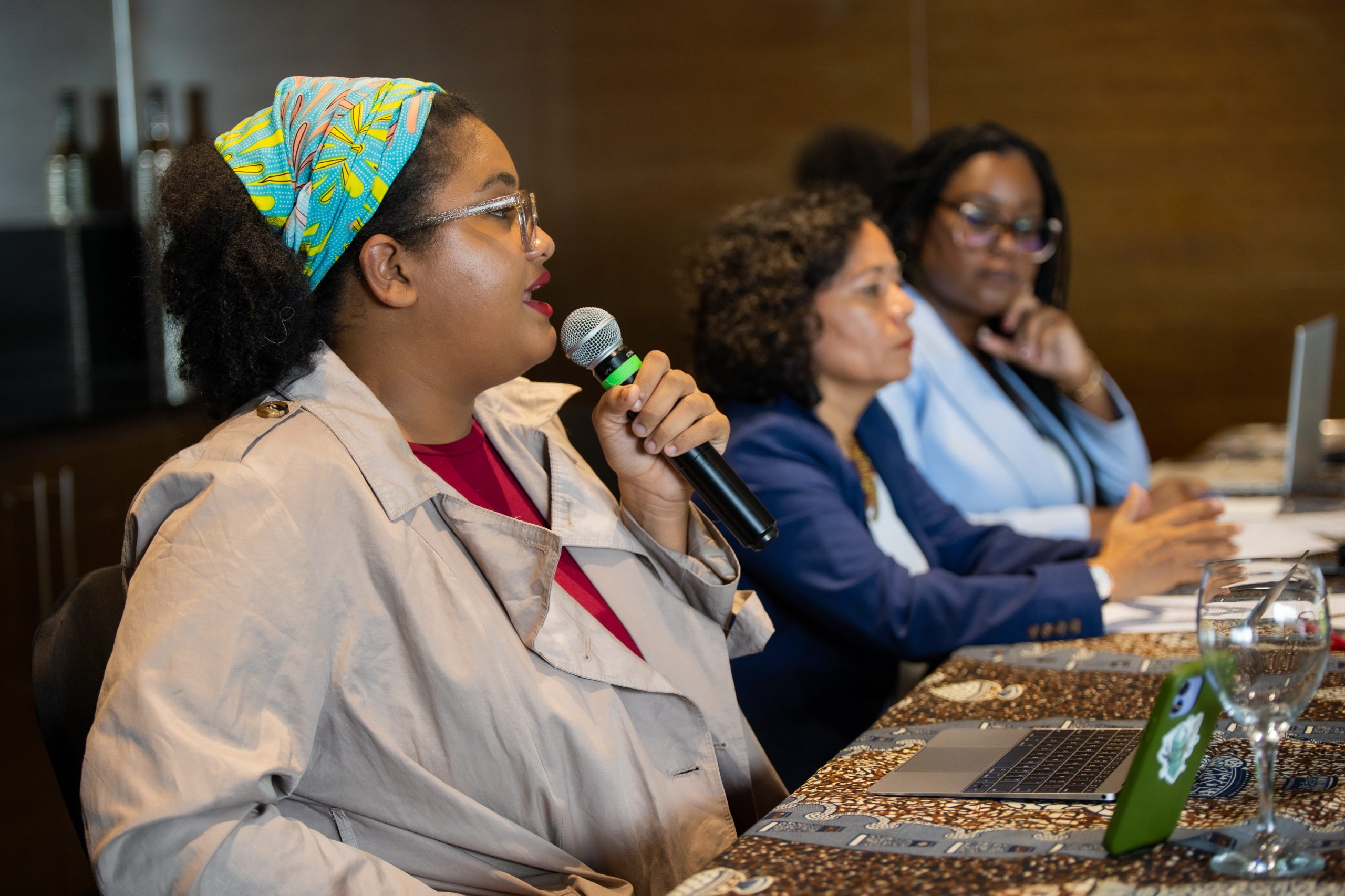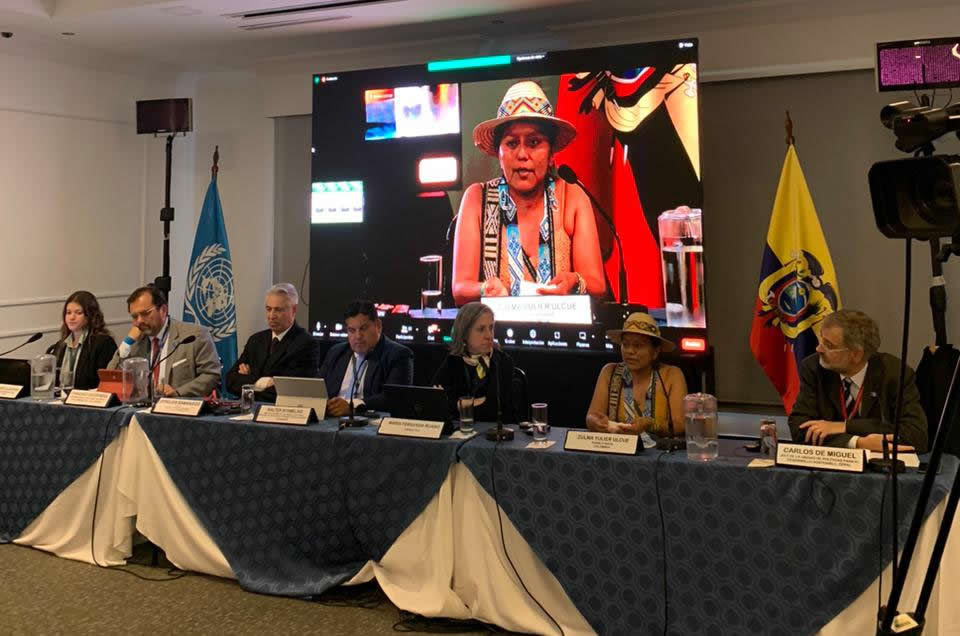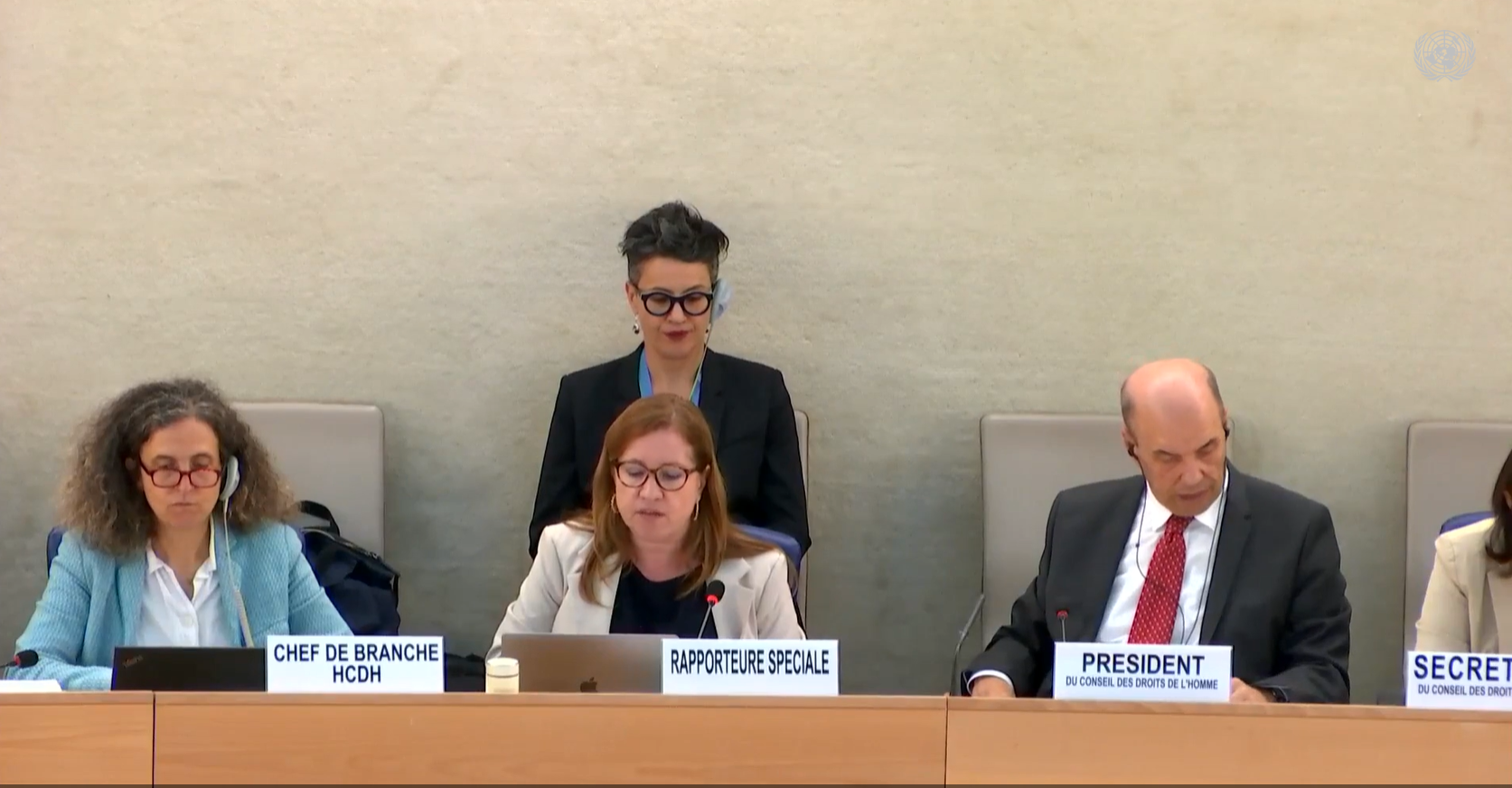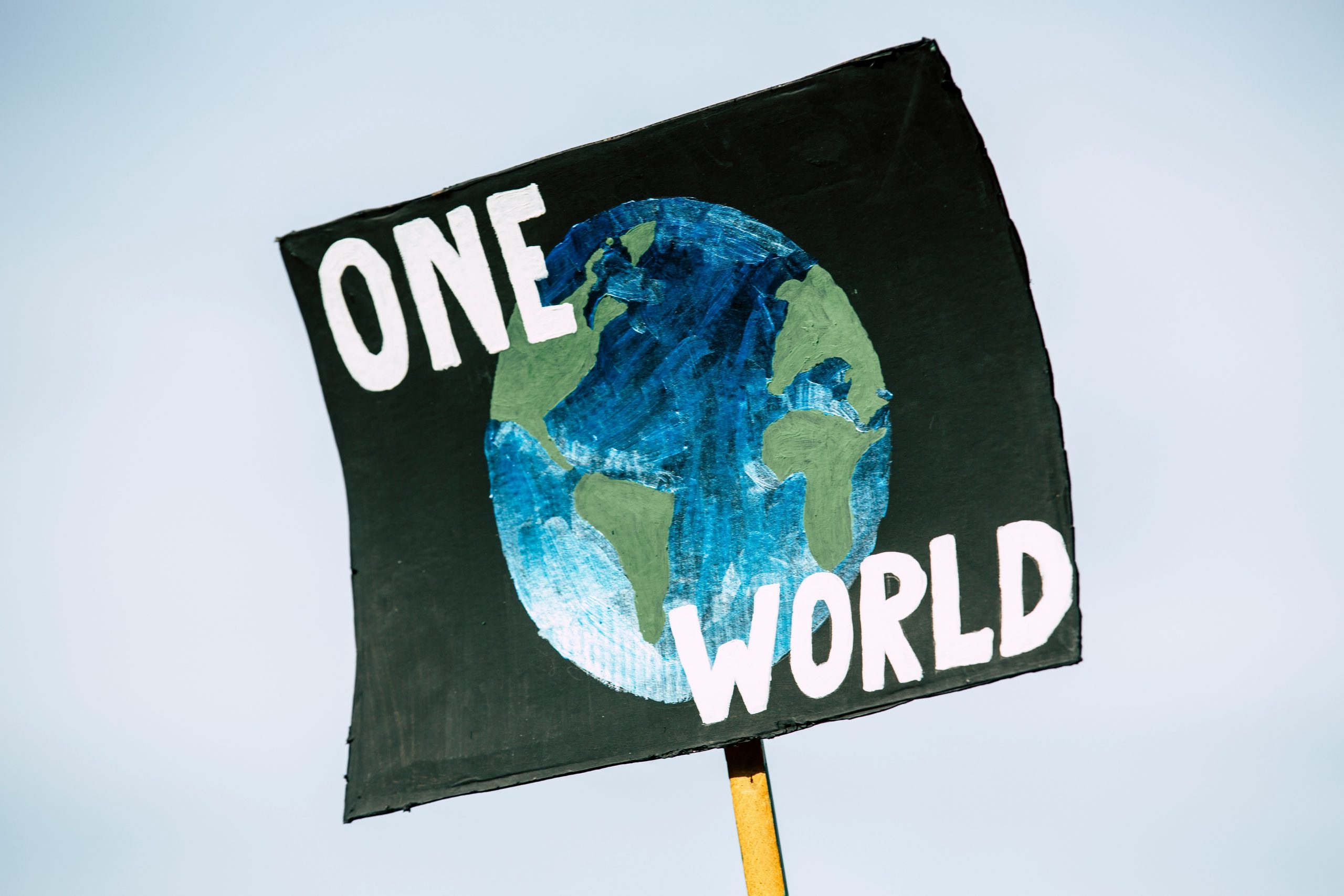The Escazú Agreement – a legally-binding document providing individuals with rights of participation in decision-making and access to information and justice regarding the environment – is a key piece in a growing global regime to foster ‘environmental democracy’.
At the first Annual Forum on Human Rights Defenders on Environmental Issues in Latin America and the Caribbean, held on 23-24 November, all focus was on how to put flesh on the bones of Article 9 of the Agreement which spells out obligations regarding the rights of environmental defenders.
Conversations homed in on how to create a safe and enabling environment for defenders; how to establish effective protection mechanisms and facilitate access to justice. There was a general acknowledgment that current systems largely fail defenders, creating risks for defenders and frustration. Also, repeatedly noted was the fact that standalone protection mechanisms are rarely successful. They need to be a piece of a broader governmental policy on defenders that lays out clear objectives and accountability loops.
The weaknesses and failures of current systems were clear as defenders shared accounts of killings, attacks and criminalisation they, colleagues and community members have experienced.
Bernardo Caal, leader of the q’qeqchí people, teacher and defender of the rivers in Guatemala spoke of his experience of being criminalised for his human rights work and serving four years in prison. Mexican journalist Raquel Zapien of the risks faced in being a ‘messenger’ of news about the environment (in a country with the highest number of killings of journalists in the world). Elvira Jossa, Colombian indigenous leader of the Kamentsá Biyá community spoke of being displaced from her lands due to the incursion of armed groups.
‘With the speed of environmental degradation we are facing, ever worsened by climate change, those that work to arrest and reverse these phenomena – environmental defenders – are essential to our very survival,’ said ISHR’s Eleanor Openshaw. ‘Attacks against them are callous, criminal and counterproductive’.
‘Environmental defenders should be lauded, supported, brought to the table; their work should be promoted and protected,’ she added. ‘The Agreement provides a framework for achieving this and its implementation the impetus.’
Participation of the public:
‘The sea has no voice, but you do have a voice,’ said Anabela Carlón, indigenous lawyer of the Yaqui people in Mexico, demonstrating the importance of the role of defenders and of their participation in environmental decision-making, as guaranteed by the Escazú Agreement.
The Forum is a part of a system designed to ensure public involvement in defining means to implement the Agreement and monitoring and reporting on that implementation. The Forum provided for online and in-person participation (albeit limited). Defenders noted a lack of the presence of Caribbean defenders and defenders of Afro-descendant communities.
Forum input will be fed into the development of a Plan of Action on environmental defenders, to be presented to the Escazú Agreement COP2 in April 2024.
The Escazú Agreement is currently signed by 25 States (out of 33) with 13 State parties. Civil society groups throughout the region are advocating for States to sign, ratify and implement the Agreement.
Download as PDF




